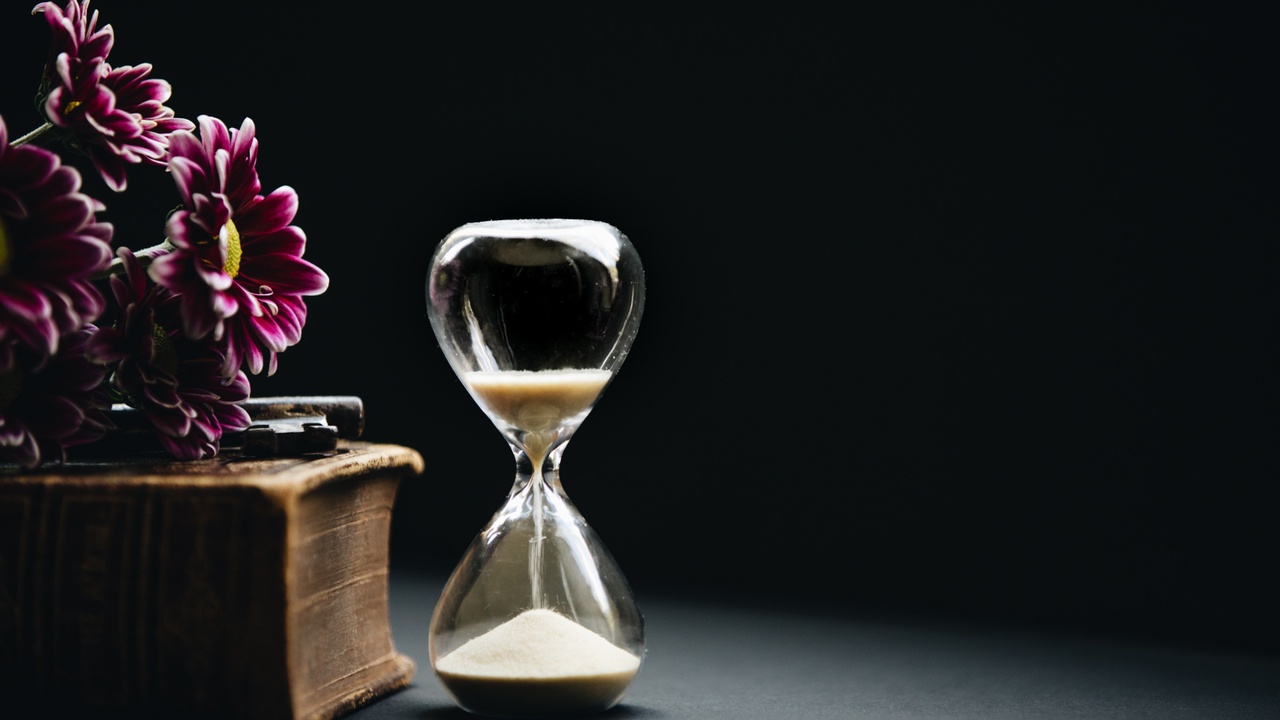
As dentists, our practices are driven by evidence-based science. What if there is an evidence-based way to be happier? Dr. Laurie Santos, a professor of psychology at Yale University, has developed an entire course based on the science of wellbeing. The course was originally created for her students at Yale, but now over 2.5 million learners around the entire world have studied the science and the practice of the good life via the free series on Coursera and the free podcast, The Happiness Lab. Professor Santos recently spoke on an ADA Accelerator Series webinar hosted by Dr. Grace Yum, distilling her 8-week course into the top 10 insights from the course. I have completed both Dr. Santos’ 40-minute ADA webinar and her 8-week course. Here are my greatest takeaways, followed by some links to other wellness resources.
From experience, we know that simply providing patients with oral hygiene instruction does not lead to improved oral health. Patients need to actually go home and put the knowledge we provide into practice to improve their oral health. The same is true for improving happiness. Many of the evidence-based strategies that make humans happy are well-known, but knowledge isn’t simply enough. My biggest take away from Professor Santos’ teachings is to take action and practice those strategies now, no matter how messy or inexperienced I am. For example, starting a gratitude journal is something I have been trying to integrate into my routine for years. I know that the science supports a significant increase in long term happiness from the simple act of writing down three to five things you are grateful for each day; but I struggled with remembering to do it every day, or not having a my specific gratitude journal with me at the right time, or thinking if I missed a day, I would just catch up on the weekend. After starting the 8-week course, I finally committed myself to this simple practice of daily gratitude by letting go of my idea of the perfect gratitude practice. Sometimes I jot down three words on a sticky note, sometimes I say them out loud to my husband, sometimes my list is the same all week, and sometimes my list exceeds 10 unique experiences. Most importantly, I am putting my knowledge into action and practicing strategies for happiness now.
In addition to the recommended practices to boost happiness, Professor Santos teaches about misconceptions about happiness, and the “annoying features” of the mind that lead us to think the way we do. While she touches on four important takeaways in the ADA webinar, she goes into much more in-depth in the 8-week course, breaking down the randomized controlled studies and reviewing the evidence.
First, we can control more of our happiness than we think. Happiness is only about 40% heritable. Second, our life circumstances don’t matter as much as we think in our happiness. Whether you win the lottery or experience a tragic accident, these extreme life circumstances only affect happiness for a very short period of time. These first two points go to prove that happiness isn’t built into our genes or circumstances, happiness comes through changing our behaviors. Third, you can become happier, but it takes work and daily effort, such as daily practices in social connection, kindness, gratitude, exercise, sleep, and meditation. Fourth, your mind is lying to you about what makes you happy. Our minds' strongest intuitions are often totally wrong, and often the things we think will make us happy actually do not make us happy. For example, studies have proved that money doesn’t bring us more happiness after an income of $75,000. Increased income, material items, true love, weight loss, and cosmetic surgery are examples of things we think that will make us happy, but actually do not increase happiness. Fifth, our minds are built to get used to stuff. In psychology this is called hedonic adaptation, the mind becomes desensitized to things that make us happy. For example, think about how the 5th bite of ice cream doesn’t taste as good as the first bite. Sixth, our mind doesn’t think in terms of absolutes, it uses reference points. For example, think about the saying “keeping up with the Jones’.” Our threshold for happiness changes and increases relative to the people we are surrounded by. These misconceptions about happiness and annoying features of the mind are important to understand so that we can be aware of and practice the strategies to combat these fallacies.
So what are some strategies for thwarting hedonic adaptation and resetting reference points?
First, pick experiences over stuff. We don’t adapt to experiences, so to thwart our mind getting used to stuff, invest in experiential purchases. Studies show that experiences can make us happier than stuff, even if it doesn't intuitively feel like that. Second, be intentional about savoring, appreciating, and expressing gratitude for experiences. Describe how delicious that ice cream is, share a bite with your partner, or close your eyes and become very present to the wonderful flavor. Third, live each day like it is your last to reset your gratitude for the present. Look into the past and the future to appreciate the present, and concretely observe what you have. Reset your reference point by avoiding social comparison, become aware of if the grass is really greener on the other side. Fourth, interrupt your consumption. Spread out the wonderful things in life and avoid having too much of a good thing to prevent our minds from adapting. Think of enjoying a small portion of ice cream every night for a week instead of eating the entire pint in one sitting. Fifth, increase variety to break up adaptation. Think of adding a variation of ice cream flavors or types of desserts, instead of eating the same thing every night. These last two strategies show how to slow and prevent hedonic adaptation and reset your reference point. We can sustain and even increase our happiness by intermittently seeking diverse experiences.
Join me in the next part as I discuss the specific daily practices that make humans happy, and habit formation strategies that lead to success. Below is a list of resources to continue your wellness movement:
- Learn more from Dr. Laurie Santos
- ADA Webinar
- PodcastThe Happiness Lab
- Course8 week course on ‘The Science of Wellbeing’
- ADA Wellness Resources
Photo by Catalin Pop on Unsplash






